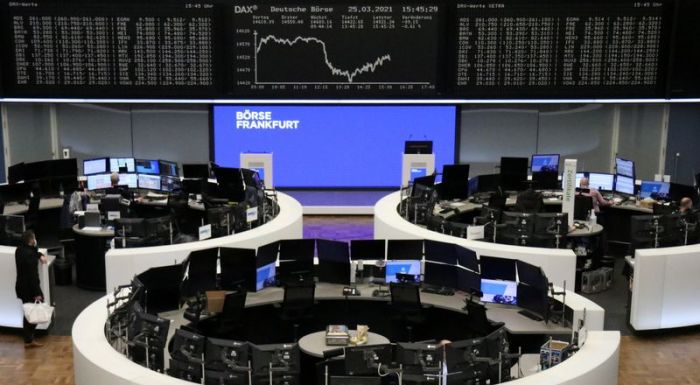LONDON (Reuters) – Mastercard Inc on Thursday pushed back against attempts to add compound interest to a 14 billion-pound ($19.2 billion) British consumer class action during a specialist court hearing to certify and agree the scope of the historic case.
On the first day of a two-day hearing at the Competition Appeal Tribunal (CAT), a Mastercard lawyer said that common law did not assume that interest would accrue on a compound basis on such claims.
“The law is not the same as economic theory,” he said.
“In most cases, simple interest is going to be perfectly adequate as a means of compensation.”
Former financial ombudsman Walter Merricks, who is leading the claim, alleges that Mastercard overcharged almost 60 million people in Britain – including about 14 million people now deceased – over nearly 16 years. The case could entitle adults and their estates to roughly 300 pounds each if successful.
Mastercard will on Friday lay out its arguments about why claims from the deceased should be excluded, after which the CAT has to decide whether to certify Britain’s first mass consumer claim as a collective action – and clarify the rules for a string of other class actions stalled in its wake.
The UK Supreme Court paved the way for the case to proceed after overruling objections in December.
Merricks, who is being advised by law firm Quinn Emanuel, alleges Mastercard charged excessive “interchange” fees – the fees retailers pay credit card companies when consumers use a card to shop – between May 1992 and June 2008 and that those fees were passed on to consumers as retailers raised prices.
Mastercard says it “fundamentally disagrees” with the claim, that people received valuable benefits from its payments technology and that the lawsuit is driven by U.S. lawyers and backed by organisations focused on making money for themselves.
The case was filed in 2016, one year after the CAT was nominated to oversee Britain’s U.S.-style “opt-out” class action regime for breaches of UK or EU competition law – and 12 years after the European Commission ruled that Mastercard had charged unlawful cross-border interchange fees over the period.
($1 = 0.7288 pound)
(Reporting by Kirstin Ridley in London; Editing by Emelia Sithole-Matarise and Matthew Lewis)

























